Ripple CEO says XRP ETF 'inevitable' — Consensus 2024

Brad Garlinghouse said he believes the market is headed toward a $5 trillion valuation and that the advent of XRP, SOL, and other crypto ETFs is a matter of time.

During his interview at Consensus 2024, Ripple CEO Brad Garlinghouse claimed that an XRP exchange-traded fund (ETF) was inevitable and that it was only a matter of time before many other crypto assets would be approved for similar fund offerings.
Garlinghouse also expressed optimism that the crypto market was headed toward a $5 trillion valuation due to the recent approvals of spot Bitcoin (BTC) and Ether (ETH) ETFs in the United States.
The Ripple CEO also reiterated his belief that there can be many different project initiatives and winners in the crypto space, each choosing to focus on different aspects of the rapidly expanding decentralized finance and digital asset industries.
Related: Sorry XRP army: Spot XRP ETF ‘won’t happen anytime soon,’ say analysts
Blackrock’s Larry Fink questioned about the possibility of an XRP ETF
During an interview with Fox Business in early 2024, Blackrock CEO Larry Fink was pressed about a potential XRP ETF from the world’s largest asset management firm.
When asked about the possibility of the $10 trillion asset manager bringing an XRP ETF to the market, Fink responded by saying that he couldn’t discuss this.
While Fink’s answer was far from conclusive, it managed to spark speculation within the XRP community that Blackrock may have an XRP ETF in the works.
Crypto ETFs: Why do they matter?
Crypto ETFs are significant because they allow investors, especially institutional investors, to have exposure to cryptocurrencies and digital assets without holding these assets directly.
Digital assets, while revolutionary, are a relatively new and somewhat technical asset class—there is a learning curve when it comes to holding, transacting, minting, and trading digital assets that present challenges to traditional investors.
Even something as simple as sending Bitcoin from one address to another may prove daunting to those accustomed to well-established stock exchanges, bond markets, and real estate transactions.
Moreover, a lack of regularity clarity in the United States also acts as a barrier to institutions and individuals entering the nascent digital asset market.
The advent of highly regulated ETFs helps to mitigate both these issues for the apprehensive investor by providing a simple and regulated way to enjoy any upside of digital assets without having to deal with any of the technical know-how of digital asset management.

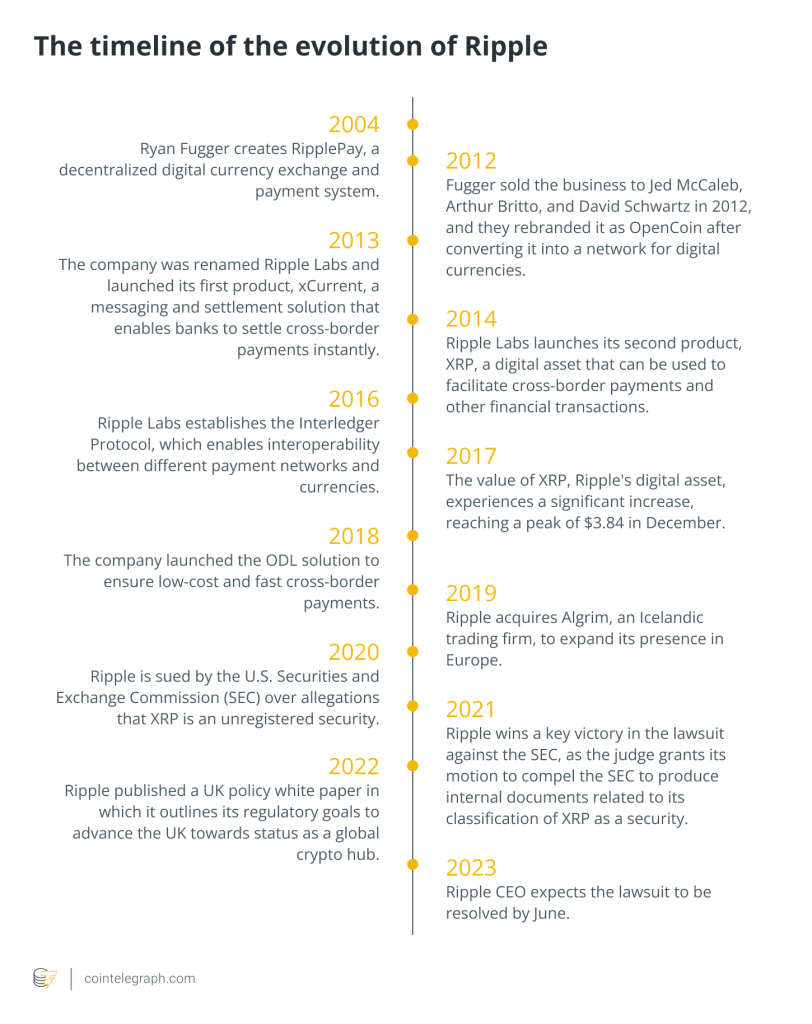
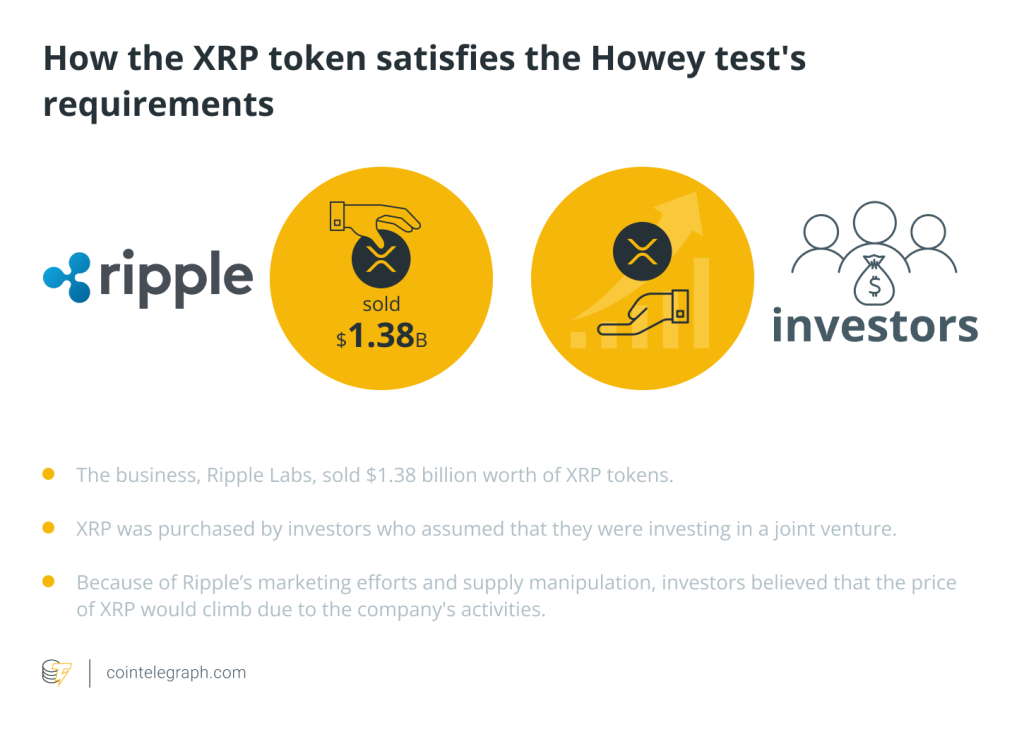
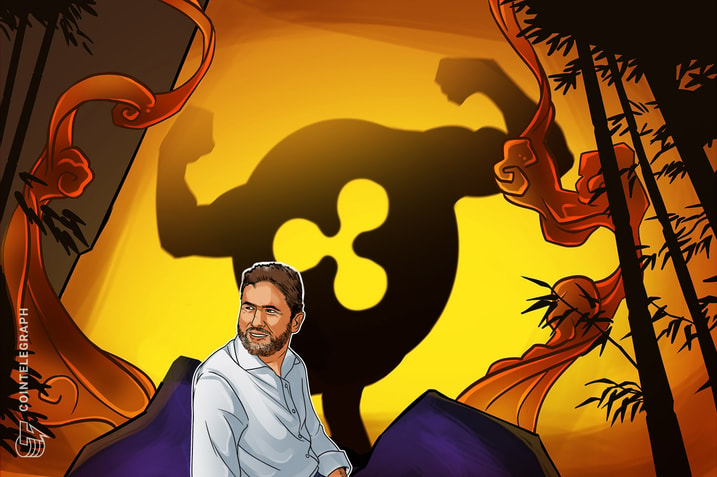
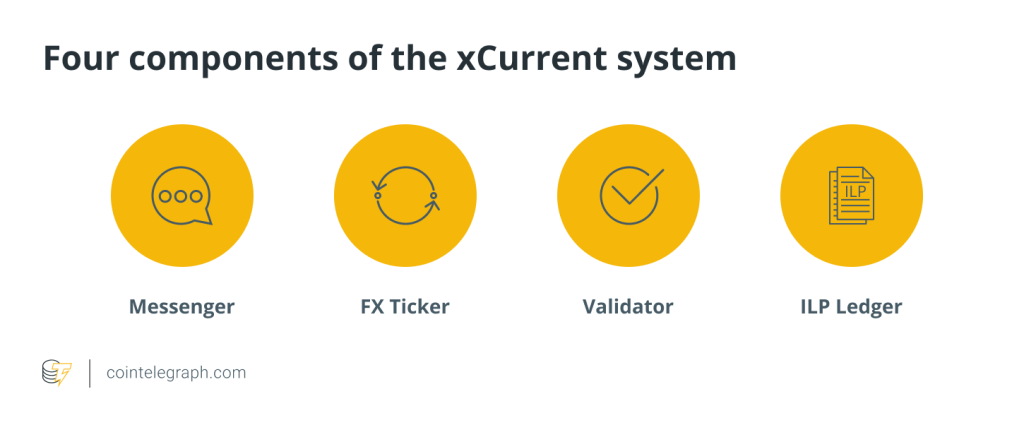
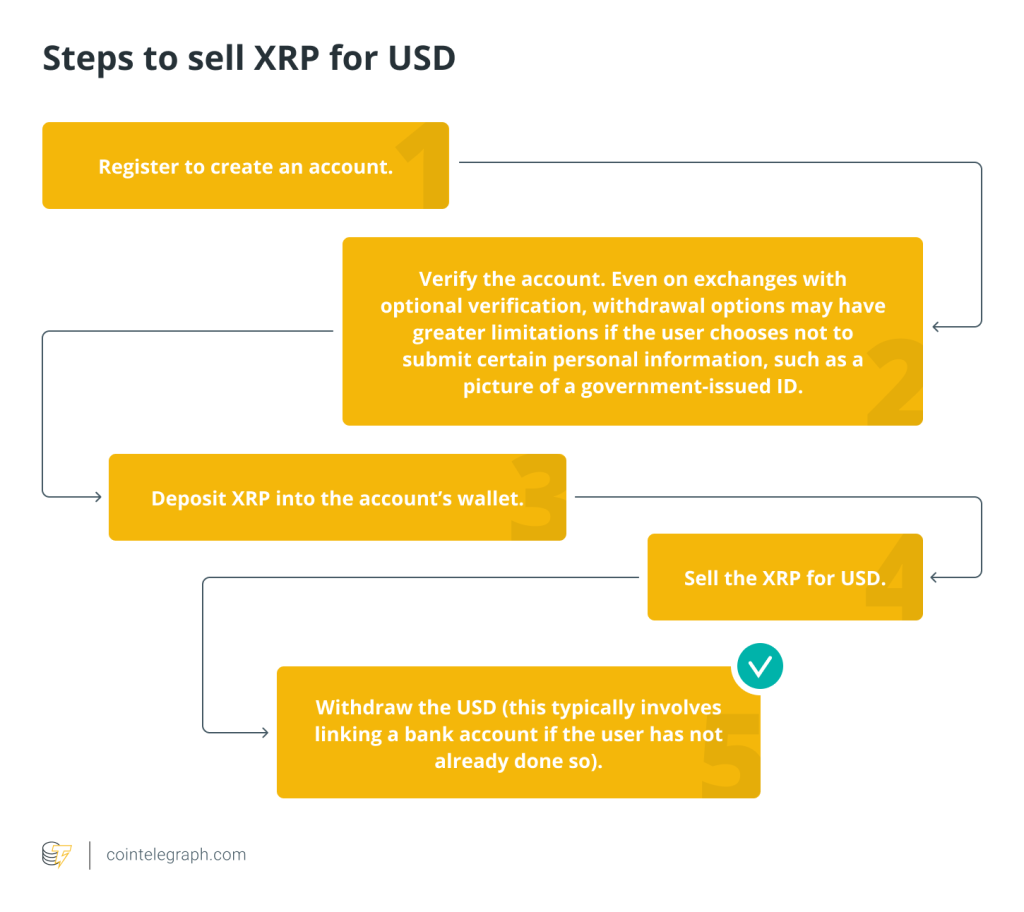
Responses